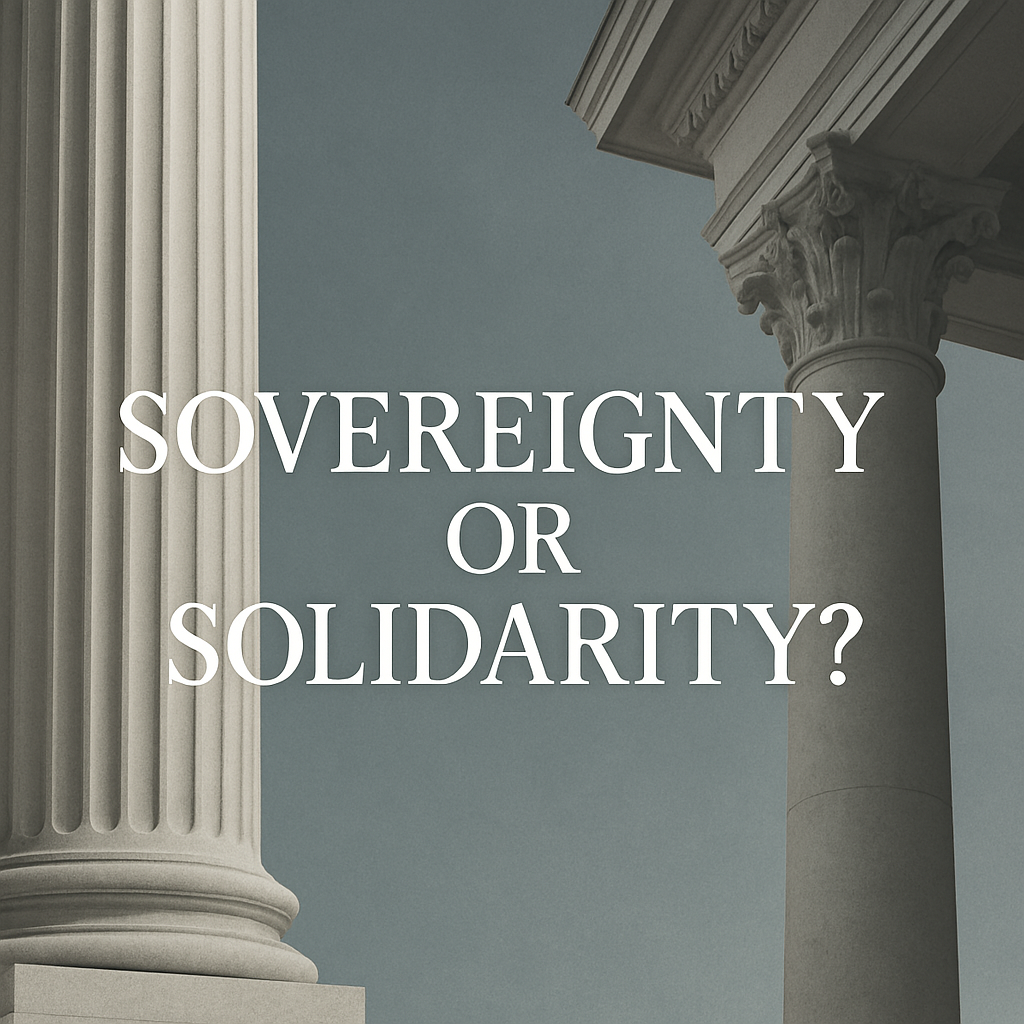Constitutional Law in the 21st Century
Between Sovereignty and Supranational Governance
By Atty Adriana Ruggeri
How legal systems balance national identity and international cooperation in a changing world
In the 21st century, constitutional law faces a new set of challenges, not only within national borders, but across them.
Globalization, European integration, and transnational crises have pushed national constitutions into constant negotiation with supranational governance, from the European Union to the United Nations. The result is a dynamic legal landscape where sovereignty is no longer absolute, and where constitutions must adapt to a new era of interconnected law and governance.
The Rise of Supranational Legal Orders
Modern legal systems increasingly operate across multiple levels:
Sovereignty vs. Solidarity: A Legal Balancing Act
The Italian Constitution explicitly opens the door to international cooperation (see Article 11), yet safeguards the fundamental principles of the Republic.
Tensions emerge when:
The Role of Constitutional Courts
Constitutional courts, such as Italy’s Corte Costituzionale or Germany’s Bundesverfassungsgericht,play a central role in this evolving framework. They act as both guardians of national constitutions and interpreters of European obligations.
Notable examples:
Toward a Constitutional Future Beyond Borders
The challenges of the 21st century, climate change, pandemics, digital governance, and migration, cannot be solved by any one nation alone. Legal systems must evolve to reflect this reality.
A truly modern constitutional vision:
Our Legal Commitment
At Coco Ruggeri Law Associated, we are deeply committed to the values of constitutional integrity and democratic accountability, whether in national or European contexts.
We believe that law should not retreat behind borders, but rather build bridges of cooperation, protection, and justice across them.
< Go Back
In the 21st century, constitutional law faces a new set of challenges, not only within national borders, but across them.
Globalization, European integration, and transnational crises have pushed national constitutions into constant negotiation with supranational governance, from the European Union to the United Nations. The result is a dynamic legal landscape where sovereignty is no longer absolute, and where constitutions must adapt to a new era of interconnected law and governance.
The Rise of Supranational Legal Orders
Modern legal systems increasingly operate across multiple levels:
- National (e.g., the Italian Constitution)
- Supranational (e.g., European Union law)
- International (e.g., UN treaties, human rights conventions)
- What happens when EU law conflicts with national constitutional principles?
- Can a national court refuse to apply a European regulation?
- Who decides when sovereignty ends and integration begins?
Sovereignty vs. Solidarity: A Legal Balancing Act
The Italian Constitution explicitly opens the door to international cooperation (see Article 11), yet safeguards the fundamental principles of the Republic.
Tensions emerge when:
- EU fiscal or migration policies are seen as infringing on domestic priorities
- National parliaments resist judicial decisions from European or international courts
- Populist movements challenge external “interference”
The Role of Constitutional Courts
Constitutional courts, such as Italy’s Corte Costituzionale or Germany’s Bundesverfassungsgericht,play a central role in this evolving framework. They act as both guardians of national constitutions and interpreters of European obligations.
Notable examples:
- Courts have ruled on the primacy of EU law vs. national constitutions
- They’ve challenged the legitimacy of EU institutions in budgetary control
- They serve as critical spaces for legal dialogue across borders
Toward a Constitutional Future Beyond Borders
The challenges of the 21st century, climate change, pandemics, digital governance, and migration, cannot be solved by any one nation alone. Legal systems must evolve to reflect this reality.
A truly modern constitutional vision:
- Protects national identity without isolationism
- Respects supranational governance without surrendering democracy
- Builds legal systems that are resilient, inclusive, and cooperative
Our Legal Commitment
At Coco Ruggeri Law Associated, we are deeply committed to the values of constitutional integrity and democratic accountability, whether in national or European contexts.
We believe that law should not retreat behind borders, but rather build bridges of cooperation, protection, and justice across them.
